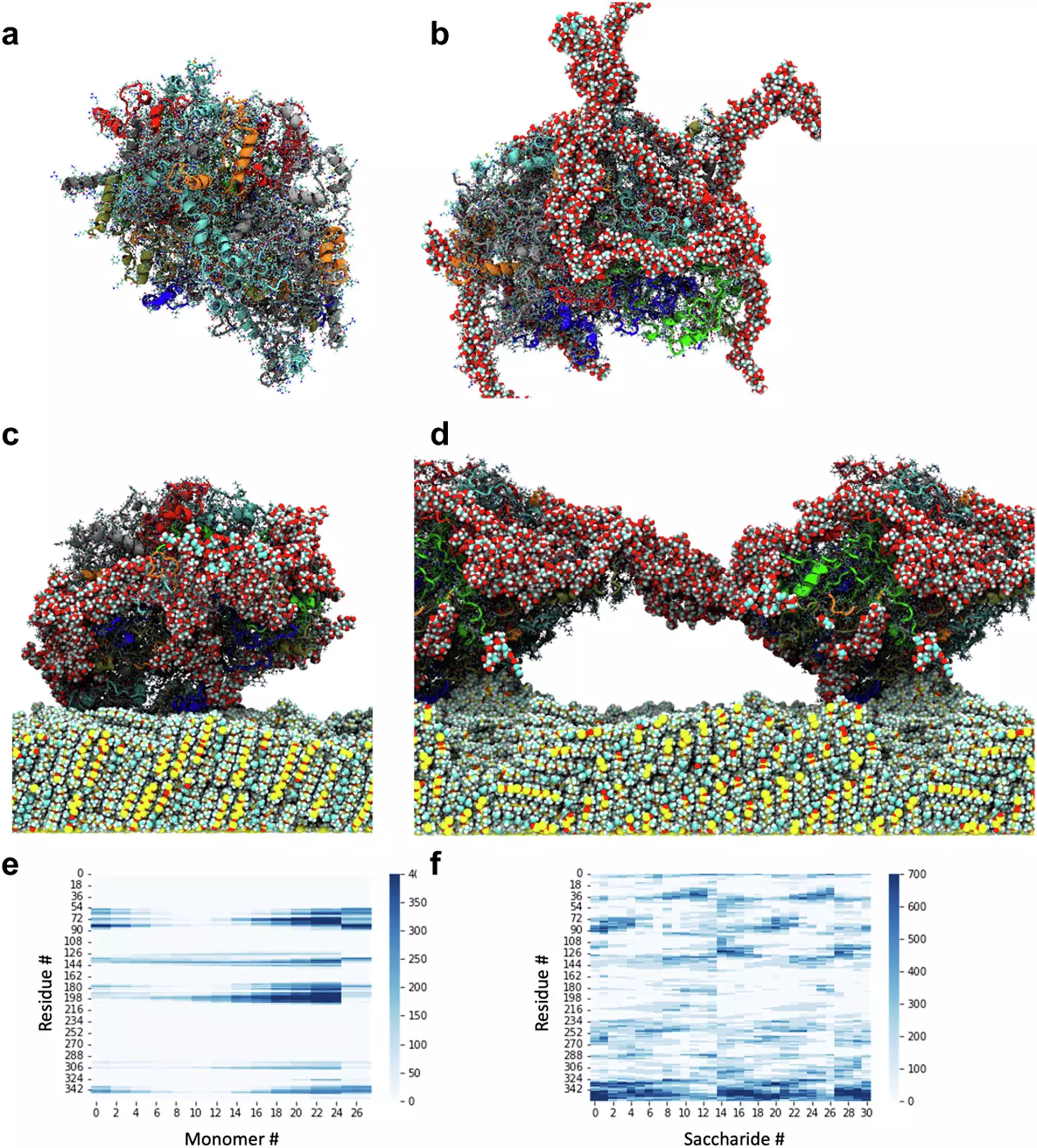In an era where sustainability is at the forefront of scientific research, innovative materials derived from natural sources are garnering attention for their potential applications across various fields. Recently, a significant breakthrough emerged from a research collaboration involving the University of Leeds and several other esteemed institutions. Researchers have created an oil-free super-lubricant using potato proteins, suggesting a promising direction for both engineering and biomedical applications. This new aqueous lubricant aims to achieve super lubricity—effectively minimizing friction—by harnessing biological mechanisms similar to those found in human joints.
The quest for effective and eco-friendly lubricants has challenged scientists for years, primarily because traditional formulations heavily rely on synthetic compounds. With the global push for greener solutions, this newly developed lubricant stands out by utilizing potato proteins, a renewable resource with a significantly lower environmental impact compared to synthetic alternatives. By mimicking natural lubricating fluids within the body, such as synovial fluid, this design not only enhances functionality but does so while adhering to environmental sustainability principles.
Professor Anwesha Sarkar, a key figure in the research, highlighted the potential of this technology, positioning it as a revolutionary advancement in material engineering. The research showcases a novel method of self-assembly, wherein plant-based proteins form intricate structures that contribute to optimal lubrication. This work represents a crucial step toward transforming how lubricants are conceptualized and fabricated, especially in terms of their ecological footprint.
The implications of this research extend beyond conventional lubrication tasks. The ability to create an effective aqueous lubricant opens the door to numerous biomedical applications. Professor Olivia Pabois pointed out the potential for this material to serve as artificial synovial fluid, which could greatly benefit patients with joint issues, as well as applications for artificial tears and saliva substitutes. Furthermore, the development of low-calorie food products that retain the mouthfeel associated with higher-fat content could revolutionize dietary offerings, providing healthier alternatives to consumers.
But the potential applications of this lubricant stretch even further. As the team engaged in their rigorous research, they discovered that the lubricant’s unique properties allow it to be employed across various scales and industries. Its effectiveness in enhancing lubrication performance could lead to significant advancements in mechanical engineering, reducing wear and tear in machines, thereby extending their lifespans and efficiency.
Collaborative Efforts and Future Directions
The combination of expertise from various institutions was instrumental in realizing this breakthrough. Researchers from institutions like the Weizmann Institute of Science and King’s College London contributed valuable insights and resources that elevated the quality and depth of the research. The collaborative spirit is reflected in the thorough experimental techniques used to measure molecular dynamics and surface interactions, which are crucial for understanding the behavior of the newly formed lubricant.
The implications of this collaborative approach are profound; as Professor Jacob Klein noted, the partnerships formed over the years culminated in results that far surpass what any individual lab could achieve. This model of interdisciplinary collaboration could serve as a roadmap for future research endeavors, fostering environments where innovative ideas can thrive through shared knowledge and resources.
The development of an oil-free super-lubricant made from potato proteins signifies a remarkable advancement in sustainability and functionality. This research not only profiles a new class of biodegradable lubricants but also emphasizes the importance of using eco-friendly materials in engineering and biomedical applications. As the world increasingly demands sustainable solutions, this innovative approach may well shape the future of lubricant technology. By continuing to explore and refine these plant-based materials, researchers are poised to unlock even greater potential, paving the way for a greener, more efficient future across various sectors.


Leave a Reply